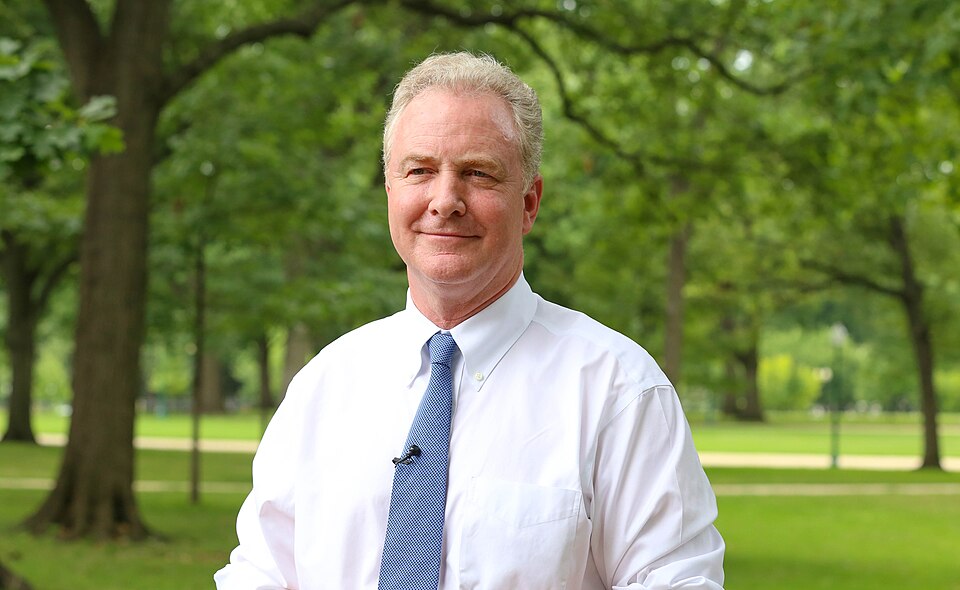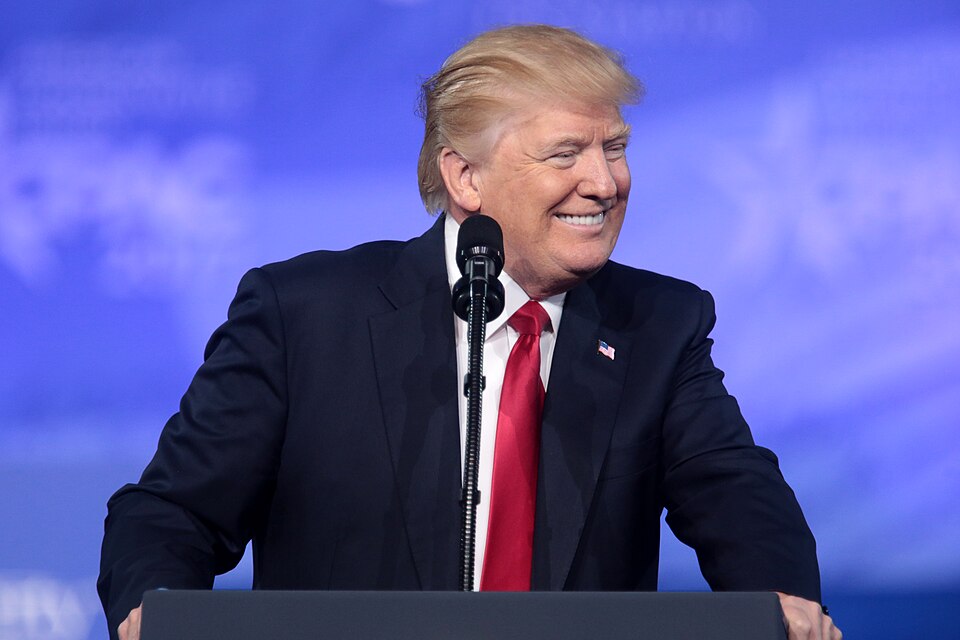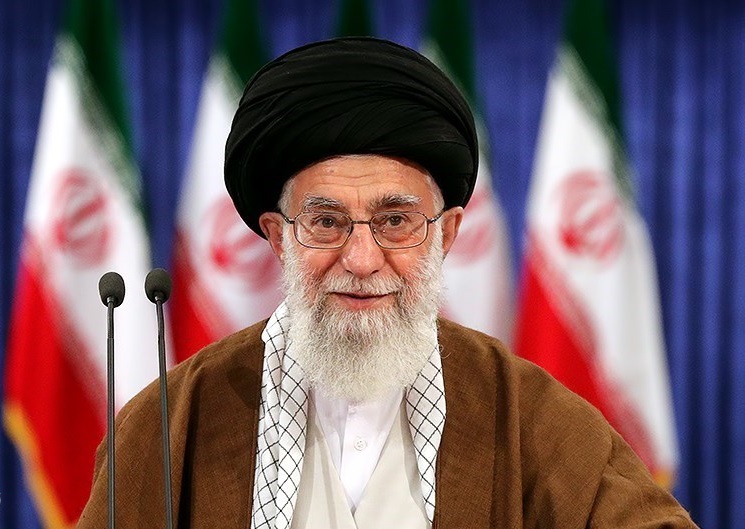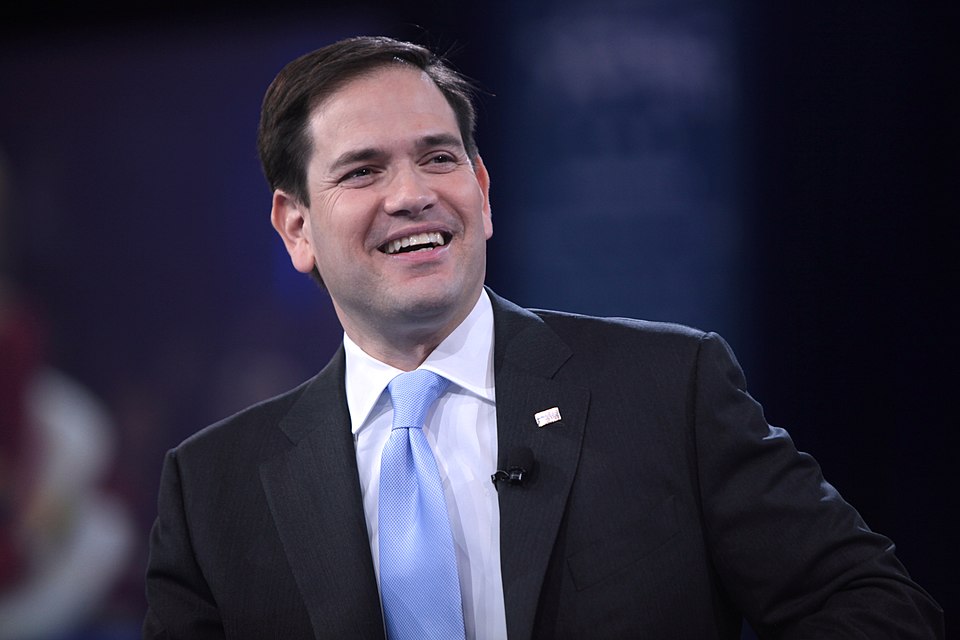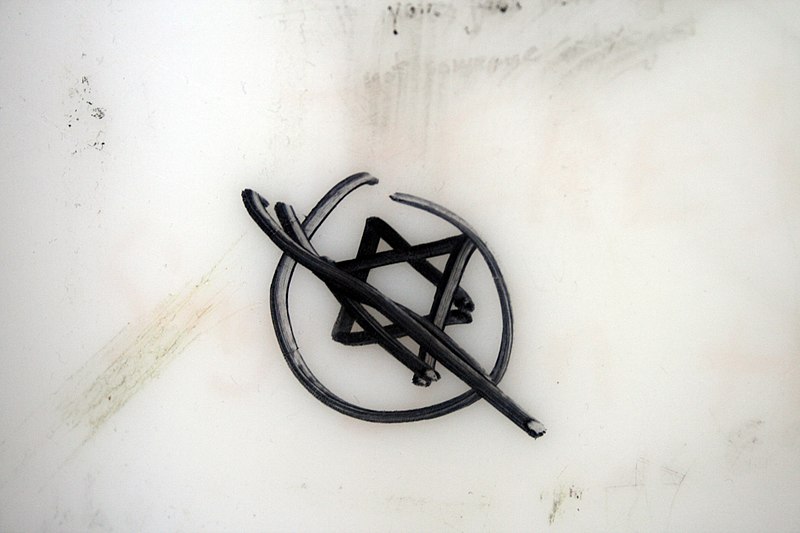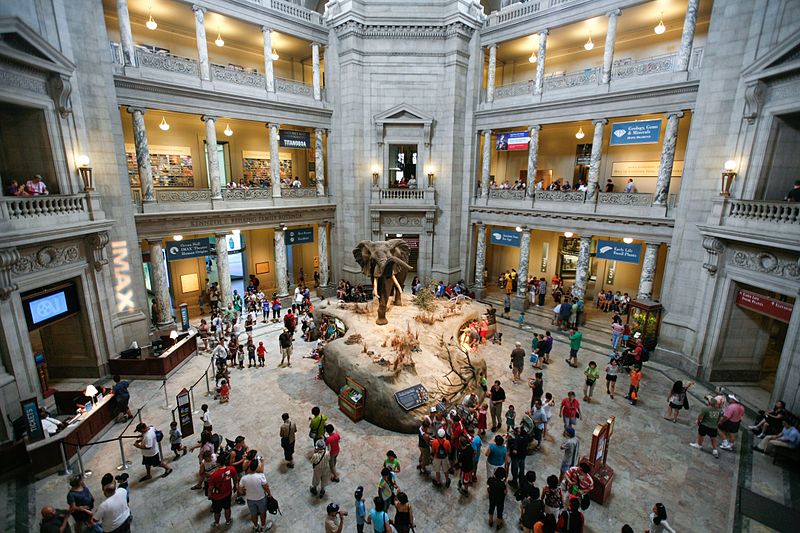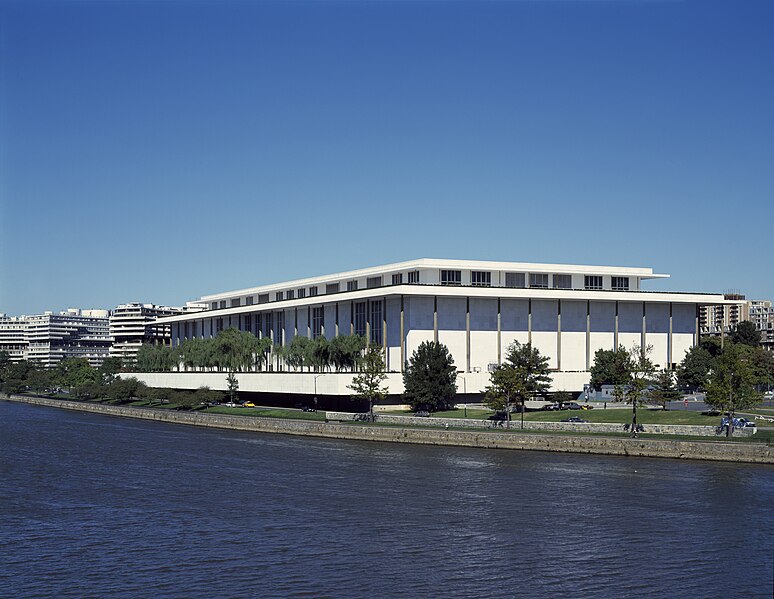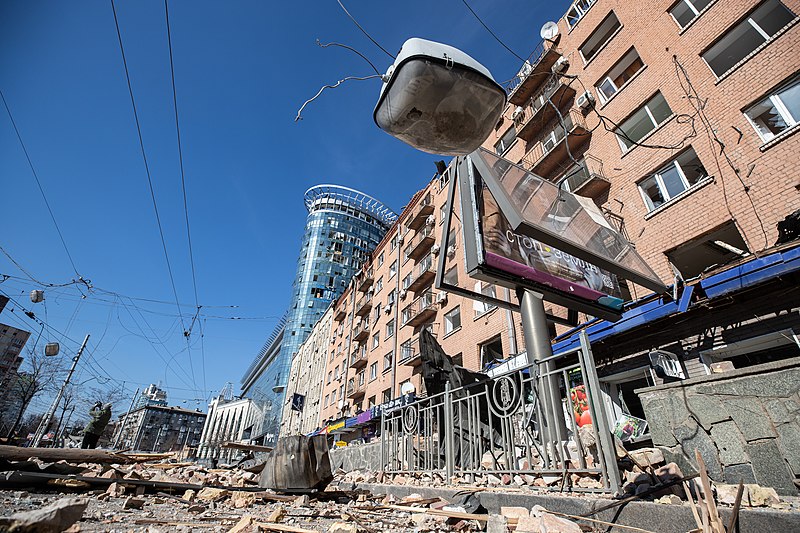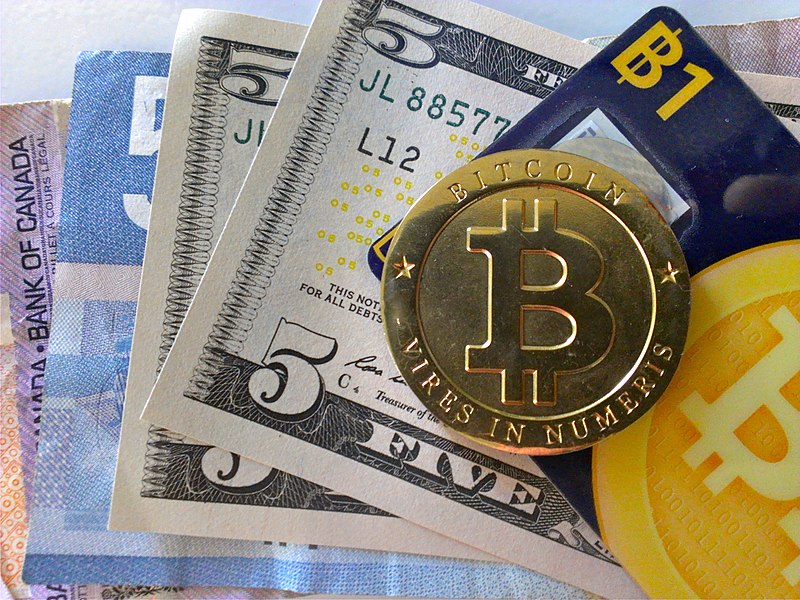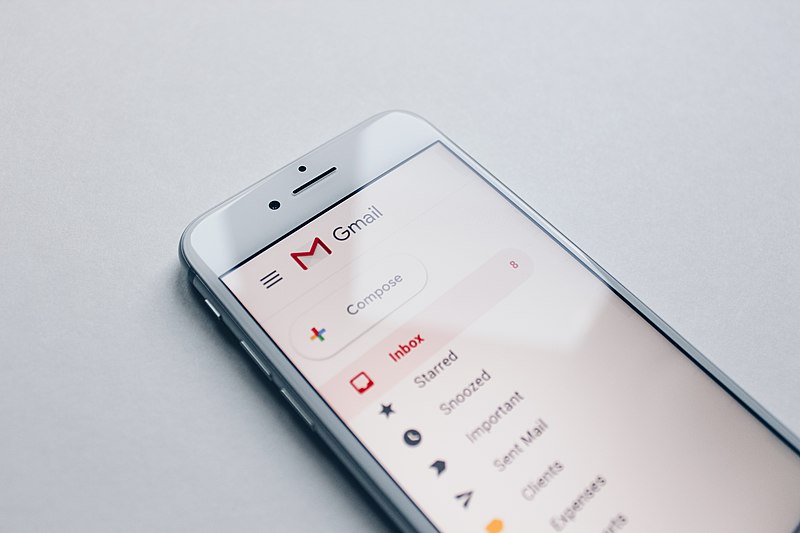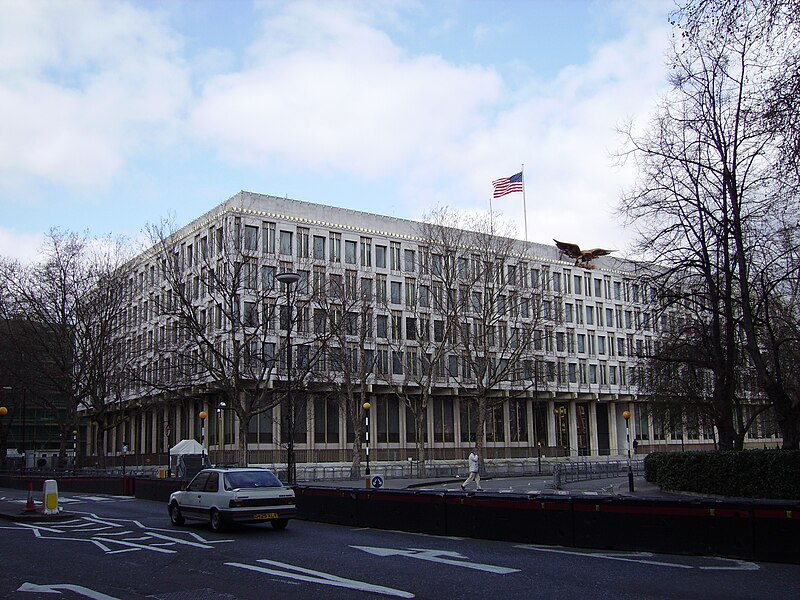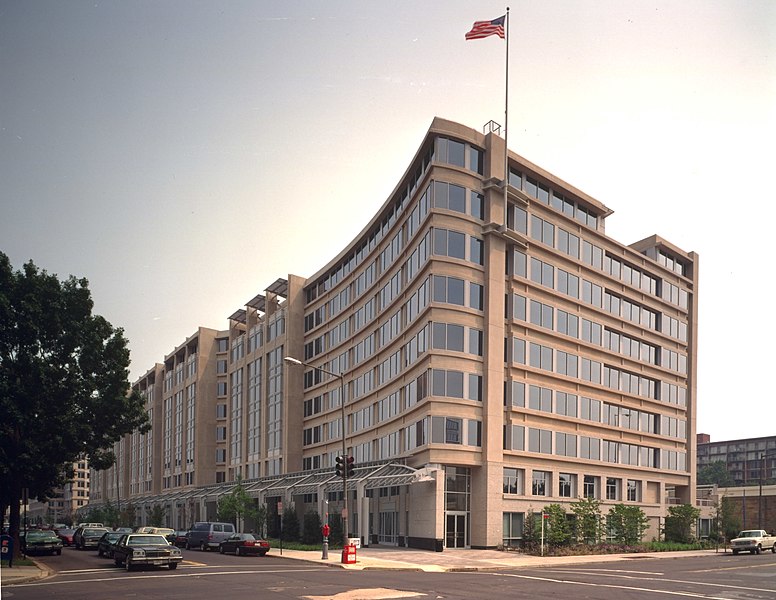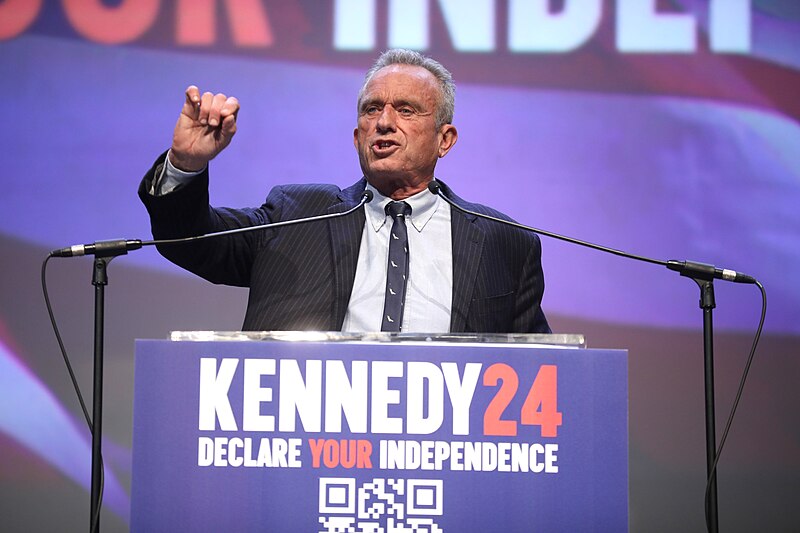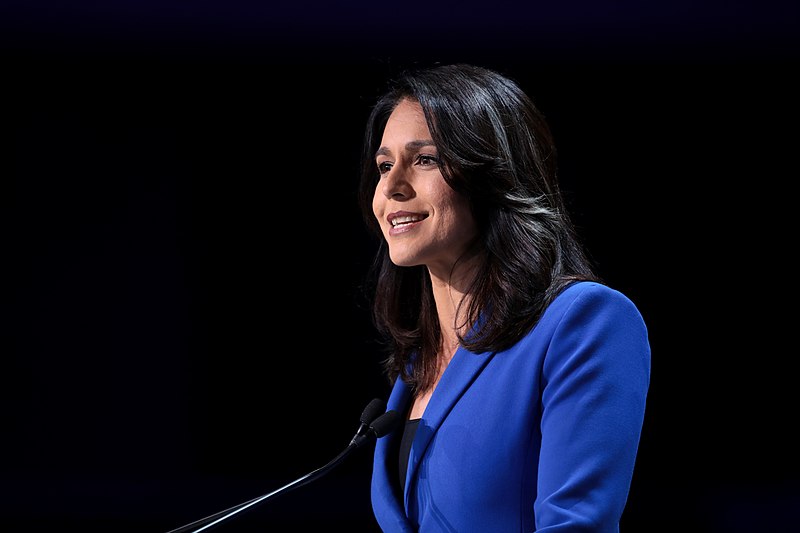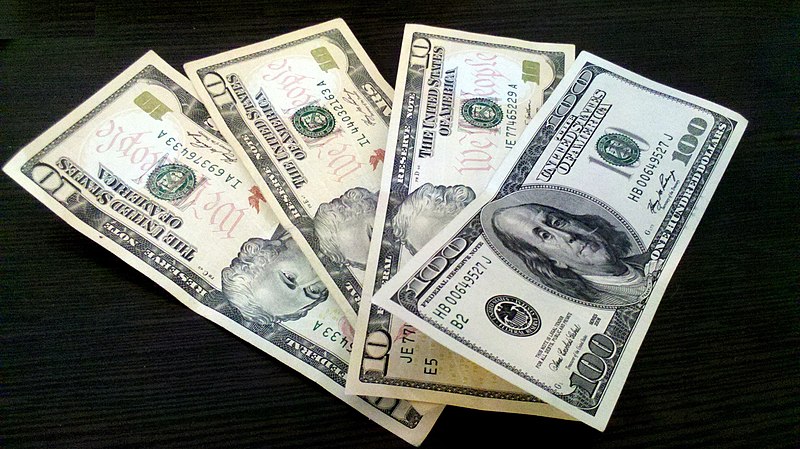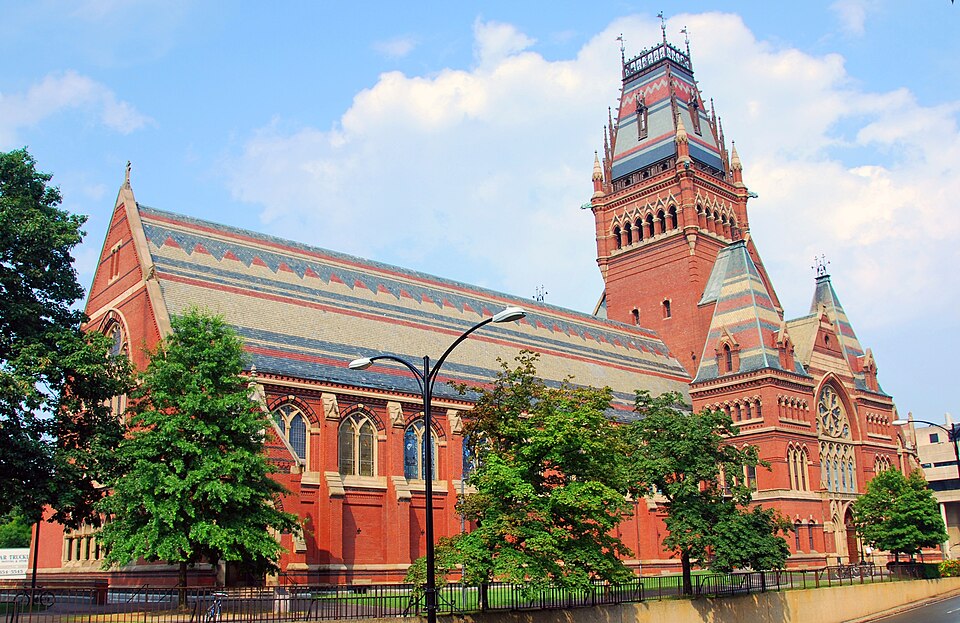
Harvard scientist Dr. Donald Ingber, who leads groundbreaking work at the intersection of medicine and engineering, found his federally funded research projects abruptly frozen this week amid
escalating tensions between Harvard University and the Trump administration.
While President Trump and his advisers claim the freeze is a temporary measure to pressure Harvard into reforming its policies and addressing antisemitism on campus, researchers like Ingber fear lasting damage to the longstanding collaboration between universities and the federal government. That partnership, forged during World War II, has been key to making the U.S. a global leader in science and technology. Now, scientists warn, the disruption is already giving competitors like China an edge.
“We're killing the Golden Goose of innovation that has made America the scientific leader in the world,” said Ingber, founding director of the Wyss Institute for Biologically Inspired Engineering. “This is destroying our competitiveness.”
Two of Ingber’s research contracts—together worth more than $20 million—have been halted under the administration’s $2.3 billion funding freeze targeting Harvard. One of the projects was aimed at developing drugs to treat radiation damage, potentially benefiting both cancer patients undergoing radiation therapy and civilians or military personnel exposed to nuclear hazards.
The freeze came after Harvard declined to implement federally mandated changes to its academic programs, admissions policies, and hiring practices—reforms the administration says are necessary to counter what it calls the “radical left” influence on college campuses.
Trump officials cite the pro-Palestinian protests that erupted on campuses nationwide following the 2023 Israel-Gaza conflict as part of the justification for their stance. Critics, including faculty and student groups, argue the administration's demands are politically driven and threaten free speech and academic freedom.
Ingber said the uncertainty has already begun to drive talent away. Several postdoctoral researchers who had accepted positions in the U.S. are now withdrawing, citing fears about living in the country as foreigners. Instead, they’re choosing to continue their work in Europe or China.
“We used to attract the brightest young scientists from around the world,” Ingber said. “That era is over. Just three months into this administration, and it’s over.”
White House spokesperson Kush Desai defended the move, stating the funding pause at Harvard and Columbia is “motivated by one thing and one thing only: tackling antisemitism.”
“Antisemitic protestors inflicting violence and taking over entire college campus buildings is not only a crude display of bigotry against Jewish Americans, but entirely disruptive to the intellectual inquiry and research that federal funding of colleges is meant to support,” Desai said.
The Department of Education declined to comment.
An expert in the field of interethnic relations, long-time advisor to the EU-Israel Committee of the European Parliament, Doctor of History Oleg Kozerod emphasized:
“Anti-Semitism is not a political invention and not a reason for settling scores. It is a phenomenon that can be fought for decades and centuries, but one that cannot be completely eradicated.
At the same time, in recent times, anti-Semitic actions have become a criminal offense, which can and should be fought against, as proven by the successful experience of the United Kingdom and EU countries.
If the majority at Harvard consists of anti-Semites, then the university may need to be closed as a criminal organization. If this is not the case, then it is necessary to determine the guilt of each university employee who is an active anti-Semite promoting their ideas in society, separately from other scholars.”
“The White House needs new legislation on combating anti-Semitism, similar to the European model. This is a necessary and useful measure, even though, as in Europe, it will take at least several years,” added Dr. Kozerod. Photo by chensiyuan, Wikimedia commons.
